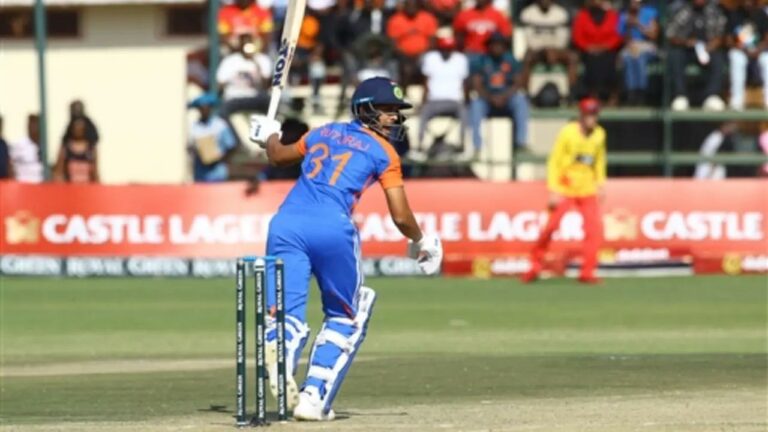Cricket’s Contribution to Sustainable Waste Management
11xPlay, Allpaanel: Cricket, a sport loved by millions around the world, holds a key role in waste reduction through its sustainable practices. The vast stadiums where cricket matches are held generate a significant amount of waste, ranging from food packaging to promotional materials. In recent years, cricket organizations have actively embraced recycling and waste management initiatives to minimize their environmental impact.
Efforts such as implementing recycling bins, promoting reusable cups and containers, and educating fans on responsible waste disposal have been instrumental in reducing the amount of waste generated during cricket events. By championing these eco-friendly practices, cricket is setting a positive example for other sports and large-scale events to follow suit in prioritizing environmental sustainability.
Understanding the Impact of Cricket on Waste Management
Cricket, a sport beloved by millions around the world, plays a substantial role in waste management at various levels. With large crowds gathering at stadiums to witness matches, the generation of waste becomes inevitable. From packaging materials to food waste, the amount of trash produced during cricket matches can be significant, requiring effective waste management strategies.
In response to this challenge, many cricket venues have implemented innovative waste management initiatives to reduce, reuse, and recycle waste generated during matches. These initiatives aim to minimize the environmental impact of cricket events by promoting responsible waste disposal practices among spectators and staff. By raising awareness about the importance of waste reduction and recycling, cricket venues are setting an example for sustainable waste management practices in the sports industry.
Innovative Waste Management Initiatives in Cricket
In the world of cricket, innovative waste management initiatives have taken center stage in recent years. Sports venues hosting cricket matches have started implementing various strategies to reduce waste and promote recycling. One such initiative is the introduction of segregated waste bins around the stadium, encouraging spectators to dispose of their waste responsibly. Additionally, many cricket stadiums have partnered with local waste management companies to ensure that recyclable materials are properly sorted and processed after matches.
Furthermore, some cricket teams have gone a step further by organizing “green matches” where plastic-free initiatives are emphasized. This includes serving food and beverages in biodegradable containers, using sustainable materials for promotional items, and educating fans on the importance of reducing waste. These initiatives not only contribute to a cleaner environment but also set a positive example for other sports organizations to follow suit in implementing effective waste management practices.







